
Importance of Dielines in Quoting Co-Packing Projects
One of the most critical factors in providing an accurate co-packing quote is the dieline. Without it, pricing and feasibility assessments become challenging, often leading to delays, cost discrepancies, or unexpected production issues.
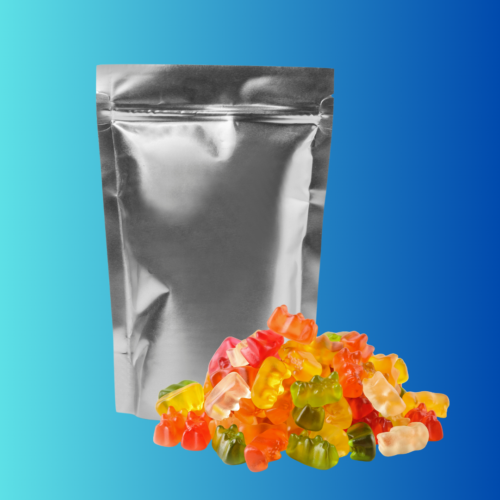
Finding the Right Candy Co-Packer: What Brands Need to Know
The candy industry is evolving, with brands looking for efficient, scalable ways to bring their products to market. Whether launching a new line of gummies, chocolates, or hard candies, partnering with a candy co-packer can streamline production while maintaining quality.
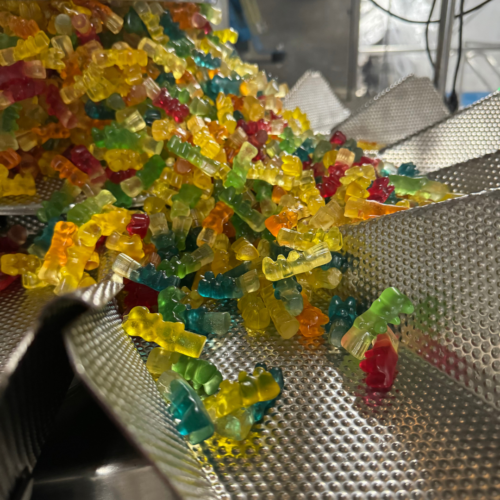
Co-Packing for Organic and Non-GMO Food Products
Co-packing plays a pivotal role in the food industry, especially for brands focused on organic and non-GMO products. According to the Organic Trade Association, sales of organic food in the U.S. grew by 12.4% in 2020, reaching a record $62 billion, while demand for non-GMO products continues to rise as consumers prioritize transparency and health (Organic Trade Association, 2021).
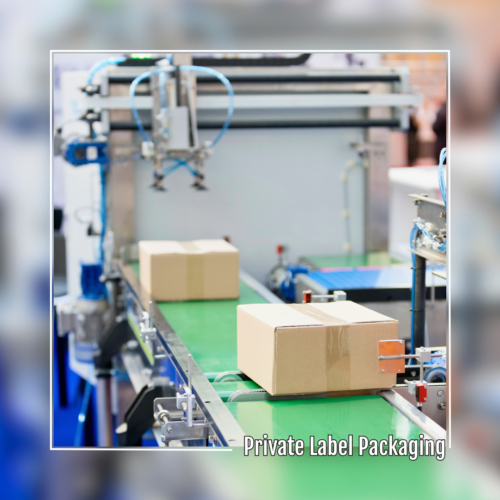
Private Label Food Packaging: Leverage Co-Packing to Scale Your Brand Faster
Private label food packaging allows companies to differentiate their products on store shelves without the overhead of in-house production.
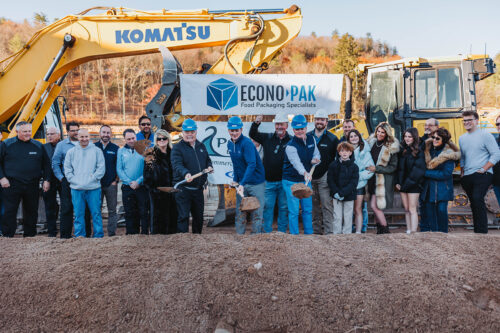
Press Release: Econo-Pak Announces Major Co-Packing Facility Expansion
Explore how Econo-Pak’s facility expansion enhances our co-packing capabilities. See event photos, watch the highlights video, and learn more!
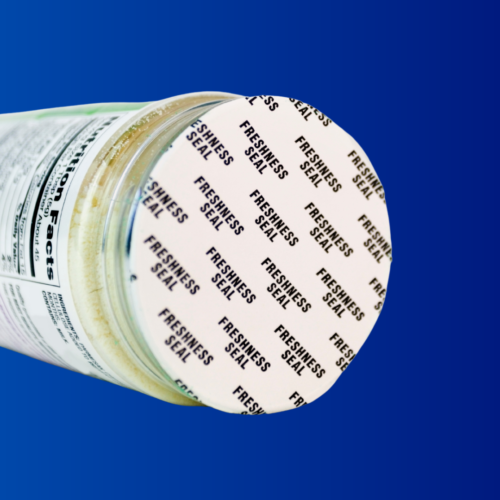
What are Induction Seals?
Induction seals seals not only protect products but also help maintain their quality and extend shelf life. Let’s examine the benefits that make induction seals an integral part of modern food packaging.
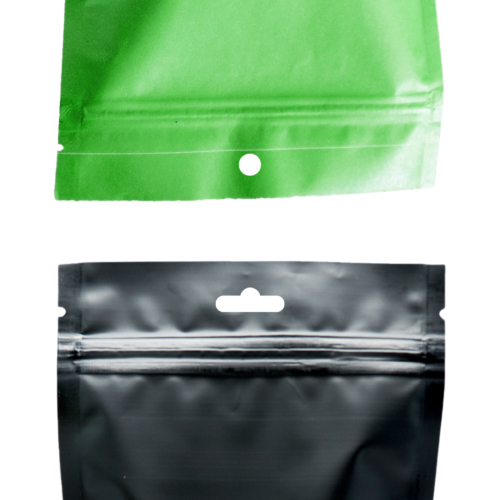
Sombrero vs. Hole Punches in Packaging
Compare sombrero vs. hole punches in packaging. Discover their uses, advantages, costs, and which suits your product’s needs best.
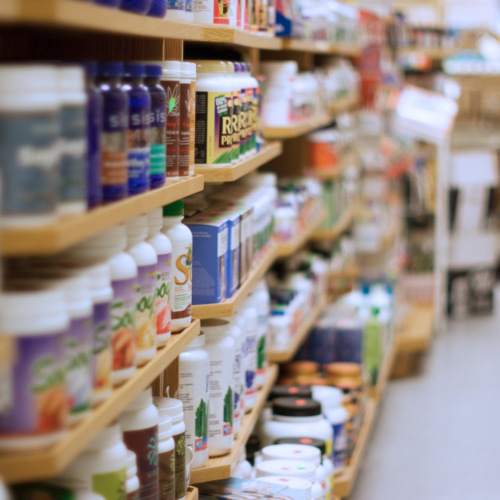
How Contract Filling Services Support Food Product Expansion
Expanding a food product line into new markets or scaling production to meet growing demand requires careful planning and precise execution. One crucial aspect often overlooked is the packaging process, specifically the filling stage, where your product is measured, filled into containers, and prepared for distribution.

The Rise of Food-Grade Pet Foods
In recent years, pet owners have become increasingly conscious of what goes into their pets’ food. This shift towards healthier, high-quality options has given rise to food-grade pet foods—products made from ingredients fit for human consumption.
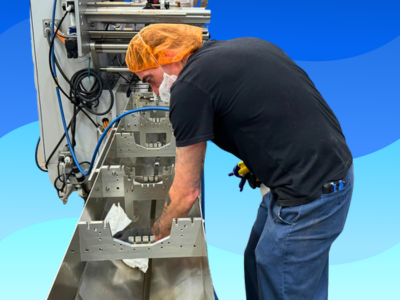
How Sequencing SKUs in Food Co-Packing Reduces Costs and Boosts Efficiency
In food co-packing, efficiency is key to managing costs and meeting production deadlines. One powerful tool to achieve this is sequencing, a process that allows for running multiple SKUs in succession with only partial cleanings between each.
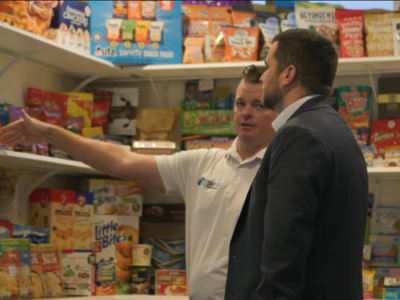
Unlocking U.S. Market Success for International Food Companies with Econo-Pak
The U.S. market is one of the most lucrative and competitive spaces for international food and snack companies. However, entering this market comes with its own set of challenges, from navigating stringent regulations to understanding consumer preferences.

In-House Packaging vs. Co-Packing Food Products
With packaging your food product, you have two options: you can keep the packaging process in-house or outsource it to a co-packer. So how do you know which is best for your business?








